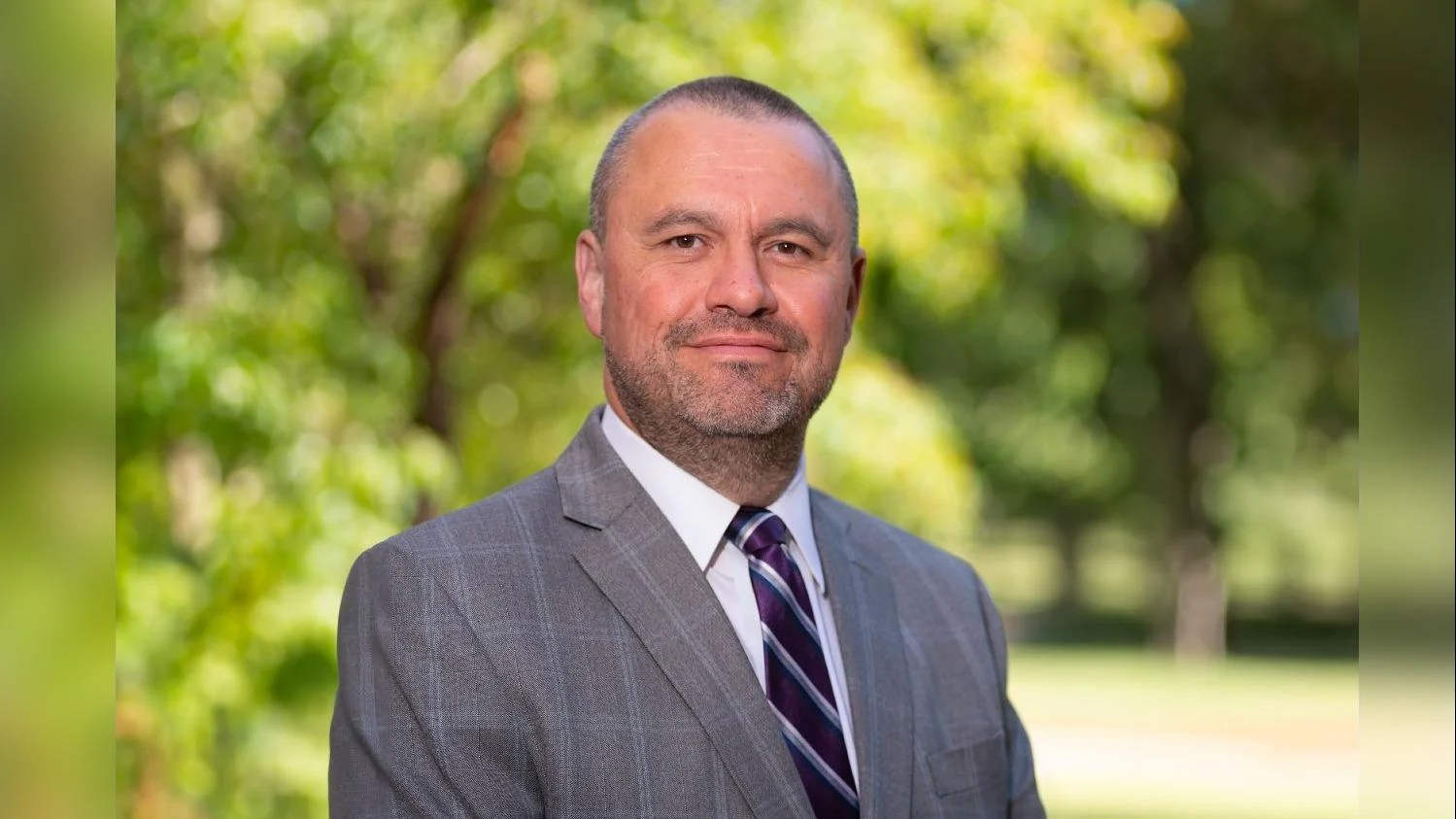Metal-organic frameworks (MOFs), a type of crystalline material known for their high surface area and versatility, have been recognized with the 2025 Nobel Prize in Chemistry. The Royal Swedish Academy of Scientists announced the award on October 8, 2025, honoring Omar M. Yaghi from the University of California, Berkeley; Susumu Kitagawa from Kyoto University in Japan; and Richard Robson from the University of Melbourne in Australia for their pioneering work in developing MOFs.
MOFs are networks made up of metal ions or clusters connected by organic molecules. Their structure is notable for being highly porous at an atomic level, which results in an extremely large surface area relative to their mass. This characteristic enables MOFs to be used in a wide range of applications, including capturing greenhouse gases and extracting water from dry air.
Illinois Institute of Technology researchers highlighted the importance and flexibility of MOFs. “When you make a MOF, it is highly tunable in terms of structure and modularity,” said Sameh Elsaidi, Assistant Professor of Chemistry at Illinois Tech. “You can use any metal in the periodic table. You can use a wide variety of organic ligands to build the framework.”
Elsaidi explained that this customizability allows scientists to design MOFs for specific uses, such as storing carbon dioxide or delivering medications over time through controlled release mechanisms.
Both Elsaidi and Mona Mohamed, also an Assistant Professor of Chemistry at Illinois Tech and co-leader at the Center for Separation Science and Sustainability, have direct academic ties to two of this year’s Nobel laureates. Elsaidi stated that Yaghi and Kitagawa provided “a blueprint for people to follow” through their work on MOFs. He noted that Illinois Tech hosted Kitagawa as keynote speaker at the 2024 Midwestern MOF Conference.
“I pursued my postdoctoral work with Nathaniel Rosi, a former student of Omar Yaghi,” Mohamed said. “We are part of this scientific family of MOF design established by Omar Yaghi and Susumu Kitagawa, a legacy that we continue to carry forward through the development of task-specific MOFs.”
Mohamed added that recognition by the Nobel committee could encourage further research into new applications: “Drug delivery, catalysis, separation, water capture, sensing…every day, we find a new application for MOF,” she said. “Because of this recognition, scientists working in different areas such as artificial intelligence, soft robotics, the circular economy, and beyond may now begin to explore applications of MOFs that were never previously considered.”
Elsaidi concluded: “I think MOFs have the potential to help solve some of the toughest problems of our time.”

